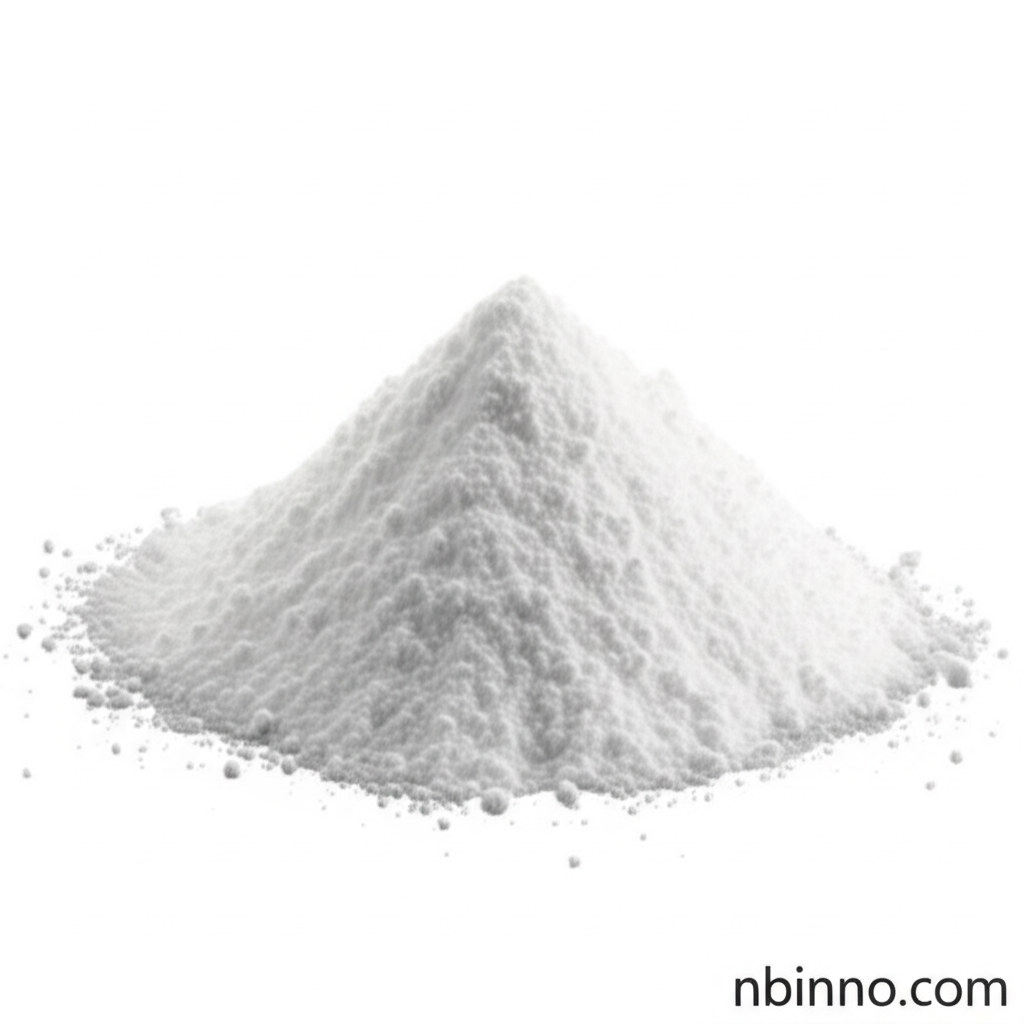Creatine Phosphate Disodium: Your Guide to High-Energy Phosphate Buffering and Muscle Support
Discover the pivotal role of Creatine Phosphate Disodium, a key player in cellular energy metabolism, vital for muscle function and cardiac health. Learn how this high-energy compound fuels performance and recovery.
Get a Quote & SampleProduct Core Value

Creatine Phosphate Disodium
As a leading supplier in China, we offer high-quality Creatine Phosphate Disodium, a critical compound for cellular energy management. Its primary function is to serve as a rapidly available source of high-energy phosphate, essential for regenerating Adenosine Triphosphate (ATP), the cell's main energy currency. This makes it invaluable for supporting high-intensity exercise and maintaining muscle strength.
- Leveraging Creatine Phosphate Disodium for ATP regeneration ensures muscles have readily available energy during strenuous activities.
- Understanding muscle energy support with Creatine Phosphate Disodium is key for athletes and individuals seeking peak physical performance.
- Exploring the cardiac protection mechanisms of Creatine Phosphate Disodium highlights its therapeutic potential in treating various heart conditions.
- Optimizing high-intensity exercise energy is achievable with this compound, supporting explosive movements and endurance.
Benefits Offered
Enhanced Muscle Performance
Creatine Phosphate Disodium significantly boosts muscle power and endurance by facilitating rapid ATP resynthesis, a critical factor when discussing muscle energy support during intense workouts.
Cardiac Health Support
Clinically, this compound is recognized for its cardioprotective properties, offering energy to the myocardium and aiding in the recovery from conditions like myocardial infarction, underscoring its role in cardiac muscle protection.
Improved Exercise Recovery
By replenishing muscle phosphocreatine stores faster, it aids in recovery between intense exercise bouts, helping athletes return to peak performance more quickly.
Key Applications
Sports and Athletics
Essential for athletes requiring bursts of power, this compound enhances performance in activities like sprinting and weightlifting by supporting ATP regeneration mechanism.
Cardiovascular Medicine
Used in clinical settings for conditions such as myocardial deficiency and infarction, it provides vital energy to heart muscle cells, aiding in recovery and rhythm restoration.
Biochemical Research
Serves as a substrate in biochemical assays, particularly for determining creatine kinase activity and studying energy metabolism pathways.
Nutritional Supplements
While primarily for research, its role in energy metabolism makes it a compound of interest for advanced understanding in nutritional science and sports performance.
